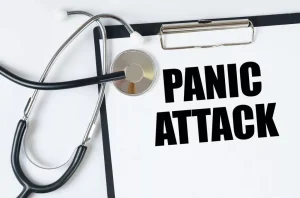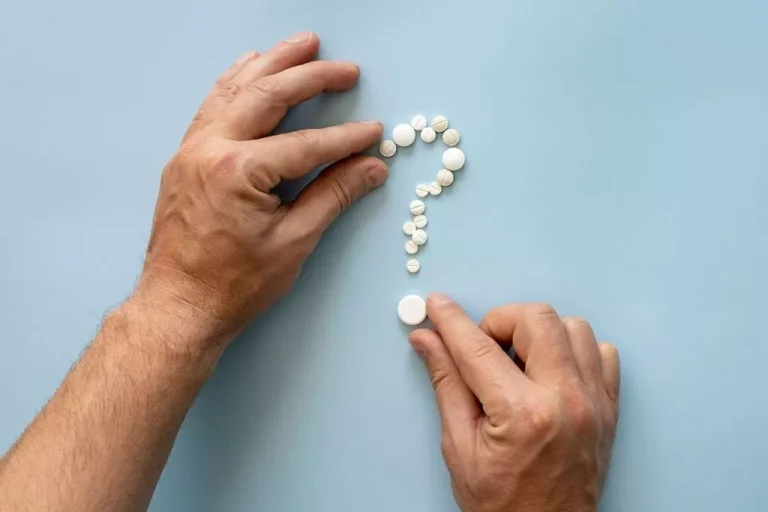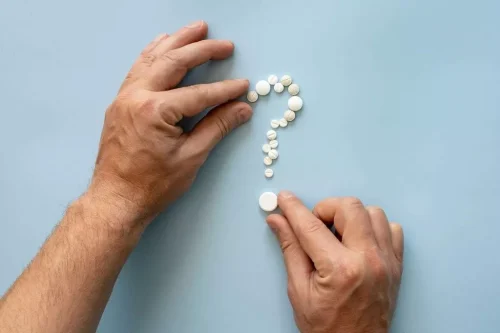
Depression can lead to emotional eating, often causing overeating, especially with calorie-dense comfort foods. Additionally, liver disease can cause fluid retention and bloating, further contributing to weight gain. The morning after a night of over-imbibing can cause some temporary effects on your brain. Things like trouble concentration, slow reflexes and sensitivity to bright lights and loud sounds are standard signs of a hangover, and evidence of alcohol’s effects on your brain.
Best Alcohol to Drink on a Diet

Look for lower calorie options, such as a splash of juice and soda water. You may want to skip mixed drinks completely and stick with beer or wine. While you do not have to entirely cut out alcohol, you may need to consume it more mindfully. You will also want to keep an eye on how drinking affects your eating habits.
- The Whoosh Effect is a real phenomenon that happens when your body suddenly flushes out the stubborn weight.
- If you’re looking to lose weight, you may not need to cut out alcohol completely.
- And exercise might compensate for the extra calories so weight loss won’t be slowed.
Does Drinking Alcohol Prevent You From Losing Weight?
Drinking alcohol close to bedtime is initially a sleep aid; this is where the idea of ‘a drink before bed’ came from. However, alcohol impacts the critical stages of your sleep, such as deep and REM sleep. Most of us are probably aware that we prefer stodgy foods after drinking and are less inclined to be active the next day, but it can be pretty surprising when the numbers are added up. You may or may not be surprised to hear that alcohol consumption can significantly affect your weight, but not necessarily in the way you might think. Drinking too much alcohol can also negatively impact your sleeping patterns.
- As a result of their findings, the researchers concluded that heavy drinking should be part of the discussion when it comes to talking about healthy eating and weight loss.
- Alcohol has been shown to disrupt neurotransmitters, which can elevate the risk of anxiety, depression, impulsivity and psychosis over time, says Diaz.
- It’s also important for women who are trying to get pregnant, or who are pregnant or breastfeeding, to reduce or cut out alcohol altogether.
What is Beer?
This is important for potential weight gain because it dictates how your body reacts to alcohol. Genetic factors also might play a role in weight gain around menopause. If your parents or other close relatives carry extra weight around the abdomen, you probably will too. This is a very interesting article all I have to do is limit myself to 2 drinks on Saturday and I will be ok. Buying the single glass bottle of wine is easiest for me until I reset my mind to only have this amount.
The reality of menopause weight gain

Mixed drinks can set you back much further, with a restaurant margarita containing anywhere from 200 to 700 calories, for example. Many beers are also high in calories, with craft beers like IPAs clocking up to 300 calories. Discover how protein influences weight loss and muscle growth, and explore practical tips for maintaining a healthy protein intake.

As a result, people with diabetes may need to practice caution with alcohol. Drinking alcohol with diabetes medicine, especially on an empty stomach, may cause low blood sugar. Most studies on alcohol’s effects on appetite have been conducted in animals. More human research is needed to understand how alcohol affects hunger.
The strength of a beer depends on the amount of alcohol it contains, which is measured as alcohol by volume (ABV). ABV refers to the amount of alcohol in a 3.4-oz (100-ml) drink, expressed as a percentage. Alcohol has a lot of calories but offers no nutrients and may affect hormones that control appetite, hunger, and stress. Alcohol disrupts your metabolism and lowers testosterone which, in addition to the added calories, contributes to weight gain. If cortisol triggers our fight or flight response, it is logical to cue the body to stock up on the energy we get by eating. Your body will use its energy to burn the alcohol before anything else, including fat and sugar.

How Can Alcohol Lead to Weight Gain?
Beer also contains small amounts of micronutrients, including sodium, potassium and magnesium. However, it’s not a particularly good source of these nutrients, as you would need to drink massive amounts to satisfy your daily requirements. After your body has depleted all its energy metabolizing the alcohol, it wants to be replenished.

- Red wine is best if you’re on a low-carb diet like keto, as you get a higher dose of antioxidants with each sip.
- Future research must consider the other important factors that may influence the link between alcohol and obesity, some of which are discussed below.
- We’re not judging; all of us are familiar with that G&T craving come Friday night (or even Tuesday…).
- In excess, alcohol consumption may cause adverse effects on your body, leading to weight gain.
As with cross-sectional studies, the way by which alcohol intake is measured and categorized likely influences the interpretation of the results. Several studies have grouped all levels of individual alcohol intake above 30g/day as ‘heavy’ drinkers 12, 38. Conversely, other studies examined alcohol intake more thoroughly, considering frequency and amount per drinking day separately 15. French et al. 15 measured alcohol frequency ranging can liquor make you gain weight from 1–2 times per year to every day, while estimating the number of drinks per drinking day from 1–36. Additionally, one study found that people who drank one drink per day had the least amount of fat.
- Drinking large amounts of beer has been linked with an increased risk of weight gain and belly fat.
- Insulin resistance is also higher after not getting enough proper sleep after consuming alcohol, making it more likely your body will preferentially store calories as fat (8).
- Within the large body of observational research, contradictory findings exist, which warrant further exploration 3•, 4.
- If you tend to uncork a bottle of wine each night with dinner or crack a beer as soon as it hits 5 p.m., you may wonder if these habits are causing weight gain or preventing you from losing weight.
- The best way to control calories from drinking is to limit how much you drink.
- “This is why some alcoholic drinks are called an aperitif,” Dr Zoe tells us.
- Future research with more uniform methodology (ideally experimental designs) would help clarify the impact of soft drink consumption on nutrition and health outcomes.
When you are done, have a non-alcoholic drink, such as water or low-calorie soda, before having more alcohol. Many who drink alcohol will also retain water the next day, causing your weight to increase. However, the alcohol bloat will last only 1-3 days if you get right back on your diet and exercise routine. If you’re trying to slim your waistline and count your calories, you should be aware that alcohol will contribute more calories than other macronutrients. There is no doubt calories play some role in weight loss and weight gain, so the amount of alcohol you consume will impact it.
